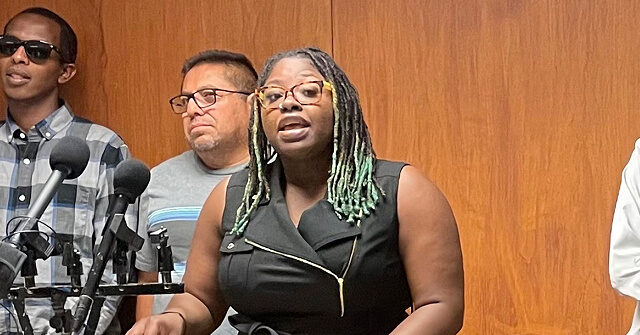Council Clash: Turning Point USA and the Minneapolis Response
- What happened and who said what
- Why free speech and campus politics matter
- How local officials are handling controversy
- What Republicans should watch next
A Minneapolis Councilwoman criticized Turning Point USA’s event at the University of Minnesota-Twin Cities and accused the group of having ties to “hate-filled ideology and extremism.”
Here’s the short version: a conservative student group held an event, a local official publicly condemned it, and the debate shifted into a wider fight about campus norms and political bias. That triangle—students, activists, and city politicians—keeps producing headlines because campuses are front-line battlefields for ideas and influence. For conservatives this is less about one event and more about a pattern of unequal treatment and growing alarm over who gets to speak.
Free Speech or Cancel Culture?
Turning Point USA hosts student speakers who push back against prevailing campus views, and many people see that as a healthy counterbalance. Critics, like the councilwoman, call the group out for alleged links to extremist ideas, but those claims often come without clear evidence and serve to silence debate. Republicans argue that labeling opponents as extremists is a shortcut to shutting down dialogue rather than engaging on the merits.
Local Officials, National Stakes
When city leaders weigh in they change the stakes: condemnation from a council member elevates a campus conversation into a civic controversy. That move pressures universities to react, sometimes by restricting events or increasing security, which can chill campus activism across the board. Conservatives worry this creates a de facto veto on controversial viewpoints whenever political leaders decide to intervene.
What Conservatives Should Do
First, demand transparency: if accusations of extremism are made, show the evidence and let the public judge it. Second, protect students’ right to invite speakers, even if those speakers are provocative, because ideas are best defeated in open debate not by being banned. Finally, push universities to apply rules evenly so campus free speech doesn’t depend on which political side is louder that day.
The University of Minnesota episode is one skirmish in a larger cultural fight over who controls public discourse. Conservatives should treat it as a reminder to organize on campuses, to document double standards, and to argue for a campus culture that tolerates robust disagreement rather than reflexive shutdowns.


Leave a Comment